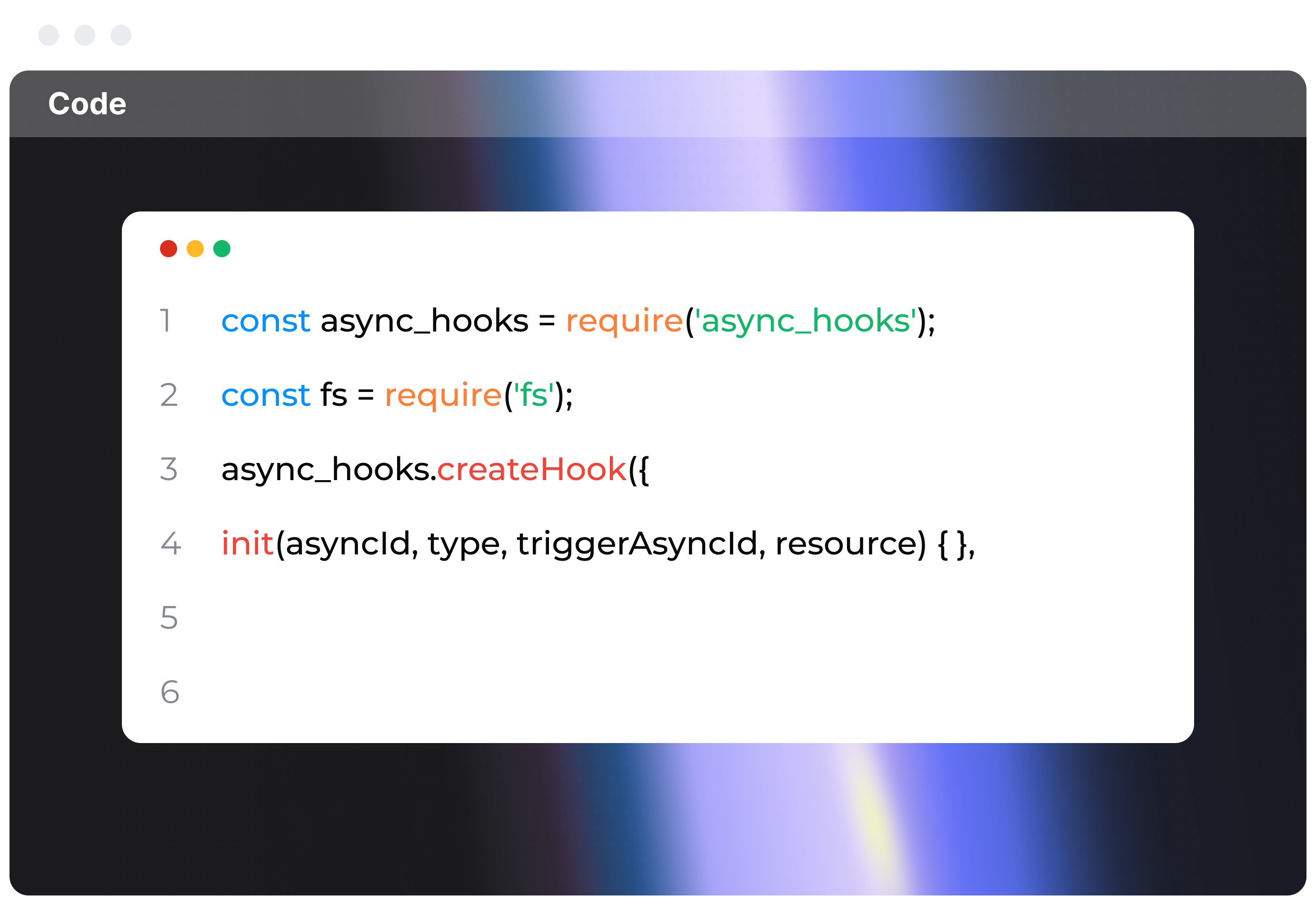How to prevent sensitive data exposure in JS debugging and console logs?

Keeping sensitive data safe during JavaScript (JS) debugging and console logs is super important for your app's security and privacy. Leaking confidential info like personal data, API keys, or passwords can be a big security risk. Here's a down-to-earth guide with practical tips and code snippets to help you avoid this:
Steer Clear of Logging Sensitive Data
The easiest way to keep sensitive info safe? Don’t log it! Figure out what counts as sensitive in your app and make sure it never, ever hits the console.
// Bad Idea: Logging sensitive information
console.log('User password:', user.password);
console.log('API key:', config.apiKey);
// Good Idea: Avoid logging sensitive info
console.log('User authenticated successfully');
Use Environment Variables for Configurations
Keep sensitive data like API keys and database passwords in environment variables. This way, they're not in your source code.
// Getting sensitive data from environment variables
const apiKey = process.env.API_KEY;
const dbPassword = process.env.DB_PASSWORD;
// Avoid logging these values
console.log('API key was loaded');
Clean Up Sensitive Data Before Logging
If you need to log objects that may have sensitive details, clean the data first before logging it.
const user = {
id: 123,
username: 'johndoe',
password: 'superSecret123'
};
function safeLog(obj) {
const safeObj = { ...obj };
if (safeObj.password) delete safeObj.password;
console.log(safeObj);
}
// Log without exposing the password
safeLog(user);
// Output: { id: 123, username: 'johndoe' }
Use Logging Levels Wisely
Set up different logging levels like DEBUG, INFO, WARN, and ERROR and keep sensitive data out of logs unless they're at the DEBUG level, which should be off in production.
let logLevel = process.env.LOG_LEVEL || 'INFO';
function log(message, level = 'INFO') {
const levels = ['DEBUG', 'INFO', 'WARN', 'ERROR'];
if (levels.indexOf(level) >= levels.indexOf(logLevel)) {
console.log(`${level}: ${message}`);
}
}
// Example
log('User login attempt', 'INFO');
log(`Password is ${user.password}`, 'DEBUG'); // DEBUG logs can be off in production
// Ensure DEBUG logs are off in production
if (process.env.NODE_ENV === 'production') {
logLevel = 'INFO';
}
Leverage External Logging Libraries
Use well-known logging libraries like Winston or Bunyan. They offer advanced features for managing log data and filtering out sensitive info.
const winston = require('winston');
const logger = winston.createLogger({
level: process.env.LOG_LEVEL || 'info',
format: winston.format.json(),
transports: [
new winston.transports.Console(),
// Add more transports if needed
],
});
// Sanitize data before logging
function sanitize(obj) {
const sanitized = { ...obj };
if (sanitized.password) delete sanitized.password;
return sanitized;
}
// Usage
logger.info('User login attempt', { user: sanitize(user) });
Lock Down Your Source Maps
Make sure your source maps, which can help debug minified JS, aren’t exposed in production. They can reveal too much about your original code.
// In your build process, disable source maps for production
// For Webpack:
module.exports = (env, argv) => {
return {
devtool: argv.mode === 'production' ? false : 'source-map',
// Other configurations
};
};
Mask Sensitive Data
Use masking to hide parts of sensitive info, like a credit card number or SSN, before logging it.
function maskSensitiveData(data) {
return data.replace(/.(?=.{4,}$)/g, '*');
}
const creditCardNumber = '1234-5678-9876-5432';
// Log masked credit card number
console.log('Credit Card:', maskSensitiveData(creditCardNumber));
// Output: Credit Card: ****-****-****-5432
Monitor and Review Logs
Regularly check and review your logs to spot if sensitive info is being exposed. Tools like Elasticsearch and Kibana can help search for and alert you to sensitive data leaks.
Set and Follow Logging Policies
Create policies outlining what should never be logged, and make sure everyone on your team knows about them.
Control Access to Logs
Make sure only authorized people can access logs containing sensitive info. Role-based access control (RBAC) can help with this.
// Setup roles and permissions
const roles = {
admin: ['read', 'write', 'delete'],
developer: ['read', 'write'],
viewer: ['read'],
};
function canAccess(userRole, action) {
return roles[userRole] && roles[userRole].includes(action);
}
// Example
if (canAccess(user.role, 'read')) {
console.log('Access granted to logs');
} else {
console.error('Access denied');
}
By following these tips, you can greatly cut down the risk of exposing sensitive data during JS debugging and logging. A multi-layered approach to security is always best. Implementing multiple strategies will make your defenses stronger and help keep sensitive data under wraps.









